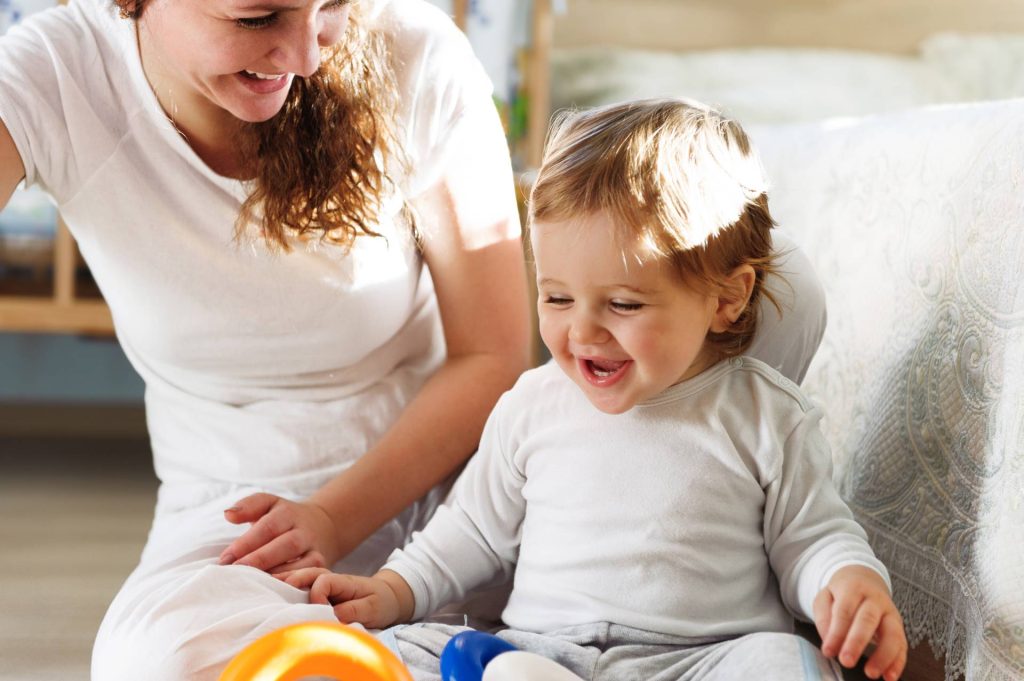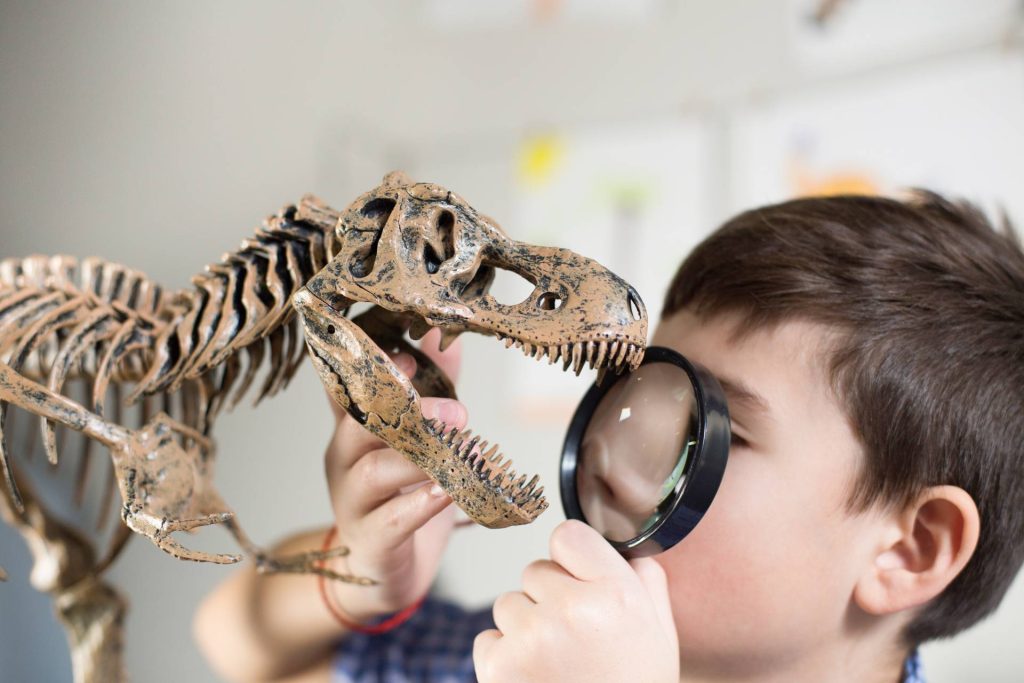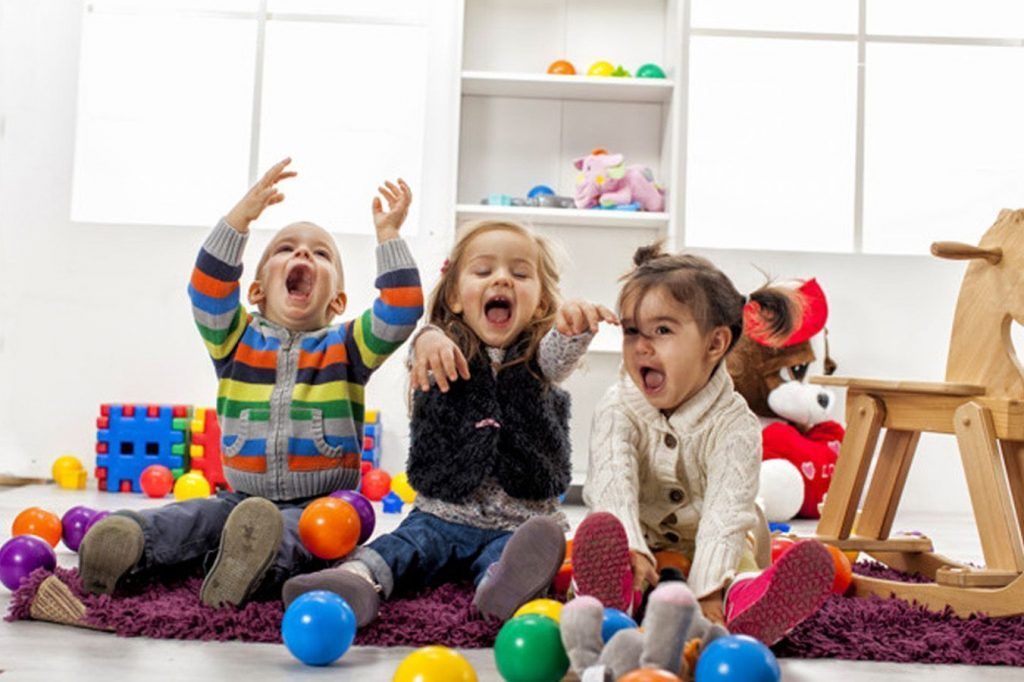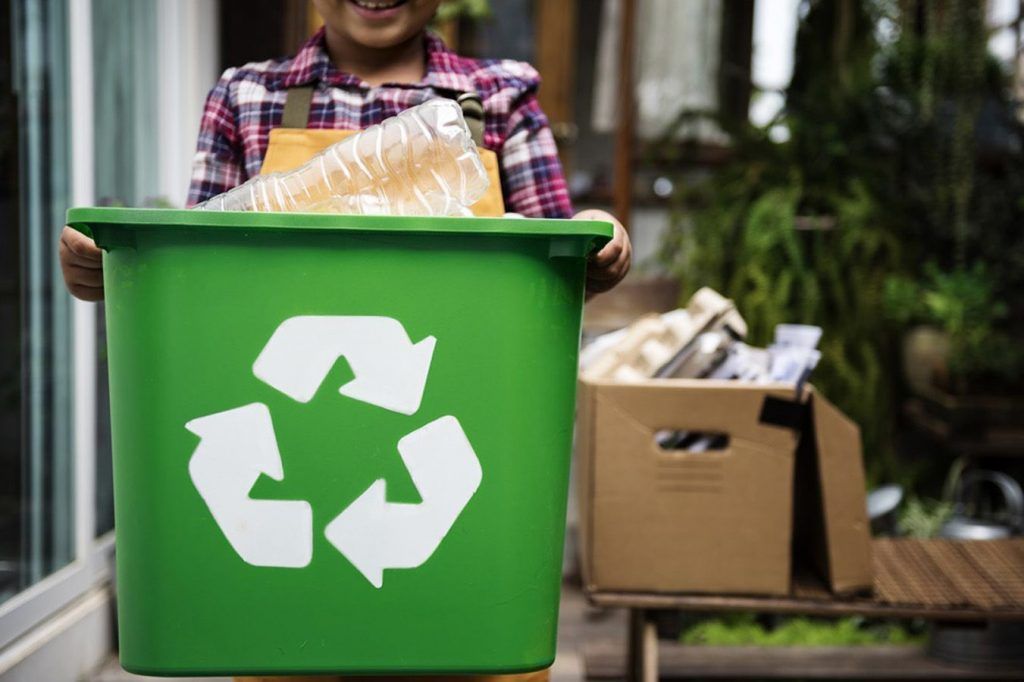Let’s discover the importance of friendship and how to manage relationships between children.
The whole of human life is based on social relationships, which is why man is said to be a “social animal”.
From birth, children form relationships with others, starting with their parents. On the basis of the attachment and the relationship with the parents, the child will weave new relationships throughout its life as it grows.
The very first person the child meets will be the mother, and later he will discover the existence of the father, who will be the first real stranger with whom he will relate.
Before the age of one, it is very difficult for children to make friends and play together, because until that age they tend to play alone.
With the development of language, children begin to communicate with each other, and this facilitates the construction of the first relational exchanges and friendships. This happens especially in kindergarten, where children spend all mornings and often afternoons together: by sharing all this time together, games, experiences, children will bond and form their first friendships. It is very important at the beginning to guide and help them along this path, but it is equally important that as the children grow up the presence of the adult becomes more and more marginal compared to their friendships, allowing the children to learn autonomy and self-management of their friendships. It is precisely for this reason that we tend to speak of the first friend as “a training ground for life” for the child: in fact, the child will learn to manage relationships, the first small conflicts, experience the values of friendship, loyalty and respect. This is done starting with the small things, i.e. play: learning, for example, to respect one’s turn, giving a piece of one’s snack, exchanging and lending one’s toys. One of the most important characteristics that will be useful in the child’s life thanks to the first friendships is that of experiencing one’s own emotions, sharing them with others and noticing those of the little friends. The first little friend will in fact be the first person other than the family unit with whom the child will relate: he will have the opportunity to relate to someone different from him, and who may also feel different emotions from him at the same time. In this way, the child will begin to experience one of the most important human life skills: empathy, i.e. the ability to “put oneself in the other person’s shoes”. By experiencing empathy, the child can become a comforter in his friend’s sad moments, be generous, or rejoice with him when he is happy about something. Noticing his friend’s emotions will also help him to understand that none of them are wrong and that we all feel the same emotions: in this way he will not feel alone in feeling certain emotions such as fear, sadness, shame and their possible expressions, for example through crying.
Obviously, like all adults, children also realise that they are closer to certain people than others, and in fact they will have their favourite little friend, the so-called best friend. They will choose each other because they may have similar tastes in favourite games, ways of playing, similar characters. They will be able to do many things together with him that will be useful for adult life and future relationships: they will confide in him, argue with him, reconcile, cooperate to do something together, share games and special moments. Thanks to the presence of a little friend in the child’s life, the child’s self-esteem will also be formed in a healthy and functional way, since he will feel accepted for who he is, with all his strengths and weaknesses. Being accepted is very important for everyone, especially for children: it is a fundamental stage in developing a self-confident identity.
There are some mistakes to avoid when the child begins to make his first friends: first of all, you must always avoid labelling the child’s friends in front of him using terms and judgments such as “nice” or “unlikeable”. The child should be free to choose for himself who he likes as a friend. It is just as important never to make children feel wrong about their character: some may be very extroverted and eager to talk, others very introverted and shy. You should never force shy children to join the group to talk and play, it is important to respect their ways and their timing: they will do it when they feel ready; if you force them the situation could only get worse, making the child close himself off even more. If, on the other hand, the child is extroverted, it is important to avoid saying phrases such as “you talk too much”: the child will feel wrong and there is a risk that he will then avoid talking to other children in a calm manner.
It is good for all children to experiment with their friendships by being themselves.










